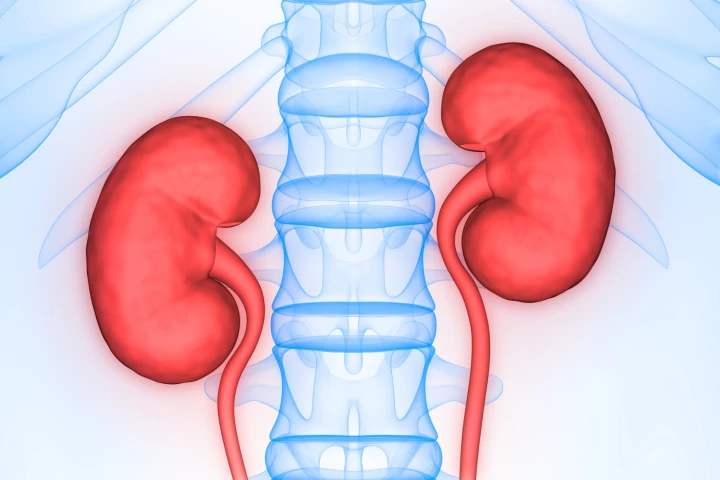Chinese University of Hong Kong
-
For decades, scientists have suspected that the voices heard by people with schizophrenia might be their own inner speech gone awry. Now, researchers have found brainwave evidence showing exactly how this self-monitoring glitch occurs.
-
Many persistent sinus infections involve biofilms – colonies of bacteria that group together to resist efforts to kill them. Now, researchers have developed biofilm-blasting bots that could handily deal with these, and other, bacterial infections.
-
It's never a good thing, when a bacterial biofilm forms on the surface of a medical implant. There could soon be a new way of eradicating such films, however, using tiny remote-control liquid-bodied robots.
-
We all know that a balanced diet made up of unprocessed foods is a recipe for gut health, but scientists have now found just how one nutrient – fiber – can trigger a microbiotic chain reaction that shields the body from influenza and other viruses.
-
Doctors have successfully operated on a pig – from 9,300 km (5,780 miles) away. Surgeons in Switzerland used a game controller to perform an endoscopy in Hong Kong, paving the way for remote procedures in humans where local expertise isn’t available.
-
Autism spectrum disorder is associated with distinct changes to the composition and functioning of a wide range of gut microorganisms, according to a new study. The findings pave the way for developing an accurate diagnostic test for the condition.
-
There may be new hope for people suffering from debilitating, slow-healing rotator cuff injuries. Chinese scientists have created an implantable 3D-printed material that both restores shoulder motion and boosts the regrowth of torn tendons.
-
Even though snails are slow and slimy-bottomed, they've inspired a new type of robot that could be quite useful. Groups of these bots can operate independently or join together in order to perform tasks that would otherwise be impossible.
-
A common, usually harmless bacteria has been found to have a significant role in causing stomach cancer. Researchers identified the bacteria’s mechanism of action, opening the door to developing therapeutics that prevent it triggering cancer growth.
-
Researchers have found that inexperienced doctors performing AI-assisted colonoscopies significantly improved their detection of polyps. Using AI in this way could lower the chances of missing these potential precursors to colorectal cancer.
-
We may soon be finishing off a box of cereal and then eating the bag it came in. Researchers have turned to bacteria-produced cellulose to create a single-use packaging material that is sustainable, biodegradable and, what’s more, edible.
-
Researchers have developed an algorithm that uses genetic markers to predict whether a type 2 diabetic will develop kidney disease years in advance, offering early treatment of this common and serious - but preventable - complication.
Load More











